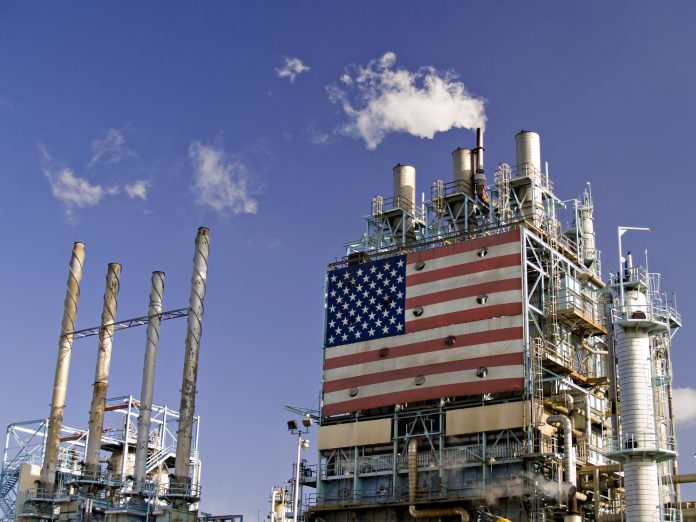UCL research finds air pollution from us oil and gas leads to 91,000 early deaths, 216,000 asthma cases, and worsening health inequities
The study is the first to comprehensively quantify the health impacts of outdoor air pollution across all stages of the US oil and gas lifecycle, from extraction to end-use (cars, power plants), and analyse the associated racial and ethnic disparities in exposure and health burden.
The research is published in Science Advances and was a collaborative effort between UCL and Stockholm Environment Institute (SEI).
How oil and gas air pollution impacts health
The oil and gas industry in the United States is vast, but the health impacts and inequalities from its air pollution have been poorly characterised. This new research quantifies the health impacts of air pollution across all oil and gas lifecycle stages, from exploration, extraction, and drilling (upstream), through to compression, transport, and storage (midstream), refinement or transformation into petrochemical products (downstream), and consumer end-use.
The researchers employed advanced computer models to map air pollution from oil and gas across the United States. They then used this information, alongside health risk data, to estimate the number of severe health outcomes like asthma, preterm birth, and early death.
Lead author, Dr Karn Vohra (UCL Geography, now at University of Birmingham) said: “We used a state-of-the-science air quality model to separate air pollution caused by each major stage of the oil and gas lifecycle from other sources of air pollution. This enabled us to work out and compare health outcomes. What we found was striking: one in five preterm births and adult deaths linked to fine particulate pollution are from oil and gas. Even more concerning is that nearly 90% of new childhood asthma cases tied to nitrogen dioxide pollution were from this sector.”
The researchers found that the final end-use stage, mainly from burning fossil fuels, overwhelmingly contributes the most significant detrimental health burden, accounting for 96% of total incidents linked to the oil and gas sector. California, Texas, New York, Pennsylvania, and New Jersey are five states experiencing the most significant total health burden from all stages.
Additionally, the researchers found that 10,350 pre-term births and 216,000 new cases of childhood asthma per year were attributable to oil and gas air pollution, as well as 1,610 lifetime cancers across the US.
Marginalised groups face the most significant risk
In the US, ethnic and racial groups are subject to the most significant exposure to air pollution and health impacts across all stages. Native American and Hispanic populations are most affected by upstream and midstream stages, while Black and Asian populations are most affected by downstream and end-use stages.
On a national scale, downstream activities caused less pollution than upstream and end-use activities. Still, this stage is the cause of the most significant relative adverse health outcomes for the Black population, particularly in Southern Louisiana and eastern Texas. The health outcomes for the Black population that are more severe than national incidences include premature mortality, preterm births, and the development of asthma amongst children.
The disparity in exposures and health outcomes stems from zoning practices, such as “redlining”, that relegated specific populations to live near pollution hotspots. The permitting of large factories that produce products from oil and gas is another contributing factor.
Senior author, Professor Eloise Marais (UCL Geography), said: “It is well known that air pollution from oil and gas activities causes certain communities to experience worse health outcomes. These communities are already aware of this unjust exposure and the disproportionately large health burdens they experience. Our study puts science-backed numbers on just how large these unfair exposures and health outcomes are.”
Co-author Dr Ploy Achakulwisut (SEI) said: “Our study provides yet another compelling case for why we need to accelerate the phase-out of oil and gas production and combustion with hard numbers: hundreds of thousands of children, adults, and the elderly in the US could be saved from illnesses and early deaths every year. We therefore have an imperative to not only urgently transition away from fossil fuels to achieve net-zero emissions to save lives in the long term from climate devastation, but also to save lives and minimise environmental injustices in the near term from air pollution exposure.”








